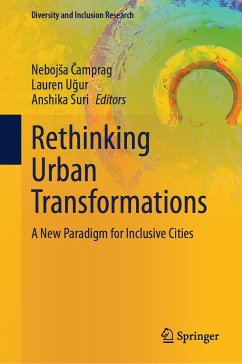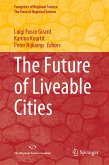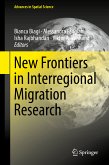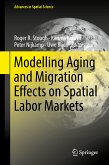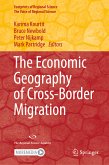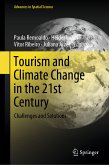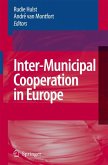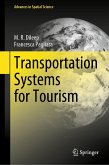This edited volume delves into the intricate challenges that cities face in the midst of evolving socio-political, economic, and environmental landscapes. With a focus on inclusivity and diversity, the book thoroughly examines the transformation of urban systems and their manifestations within broader spatial contexts. Employing a trans- and interdisciplinary approach, the editors have strategically curated diverse research clusters to address key aspects of inclusive urban transformation from multiple perspectives. These clusters explore alternative paradigms for sustainable urban transformation, the dynamics of city regions, inclusive tourism development, the de-contestation of urban heritage to diversify urban identities, and inclusive intersectional city-making practices. By fostering collaboration and cross-pollination among these clusters, the volume fosters a transdisciplinary understanding of inclusive and sustainable urban transformation, facilitating the development of more holistic approaches in conceptualizing and promoting inclusive urban theory and praxis.
Dieser Download kann aus rechtlichen Gründen nur mit Rechnungsadresse in A, B, BG, CY, CZ, D, DK, EW, E, FIN, F, GR, HR, H, IRL, I, LT, L, LR, M, NL, PL, P, R, S, SLO, SK ausgeliefert werden.

